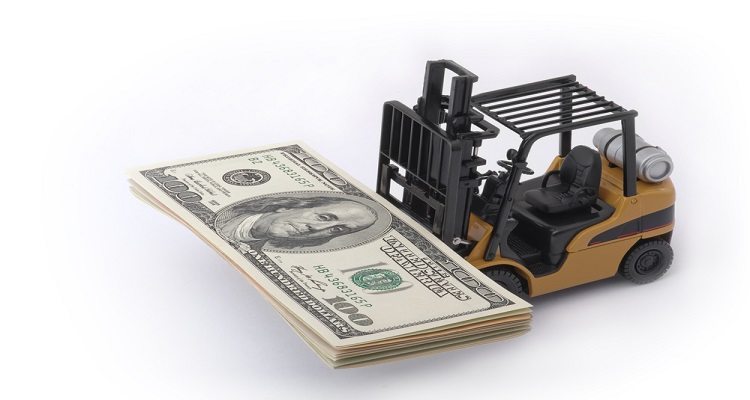5 Financial Moves for a Better Financial Health in 2018

They say money cannot buy happiness. It may be true, but certainly it affords you some level of comfort, pleasure, and contentment. But you get all these only if you manage it well. For this year, make it one of your commitments to do these financial moves:
1. Pay off the debts.
It is the first in the following financial moves. The biggest problem with debts is they tend to accumulate over time. Add to that the interests and penalties, and you have a ballooning financial obligation. It can easily eat a huge chunk of your income. It can also render whatever savings you have useless.
Based on the data of Value Penguin for 2017, the average household debt is already $5,700. Those who have zero to little net worth tend to have doublet that amount. Don’t let it grow some more by paying.
2. Monitor your credit report.
About 25 percent of the present generation do not know the definition of a credit score. It is a serious issue since such score plays a large part in financing. It gives one a broader access to lenders and good borrowing programs.
In the United States, there are three credit bureaus. These are Experian, TransUnion, and Equifax. You can get one free report from any of them each year. This report will contain the details of your credit history and score. From this information, you can take some proactive steps to improve your number.

3. Build the emergency fund.
As they say, always save for the rainy day. No one knows for sure when the next emergency is going to happen. What you can control is how much money you have by then. It can be known as emergency financial moves.
An emergency fund is usually three to six months’ worth of your monthly expenses. It can be a savings account or any instrument that is liquid. This way, you can withdraw and use it quickly.
4. Invest in your health.
It is one of the most important financial moves in all. Healthcare will continue to increase. In fact, it should grow by 6.5 percent in 2018. While many factors drive the costs, leading it is the price of drugs. Either way, it adds a big economic burden. Fortunately, there are ways to lower the expenses. One of these is to invest in a health savings account (HSA).
HSA, which an employer can give you, allows you to contribute to a tax-free account as long as you are on a high-deductible health plan. You can use the money for qualified medical expenses. You can also spend it to offset co-payments and deductibles. You can contribute no more than $3,400 if you’re an individual and $6,750 for a family coverage.
5. Update your auto insurance.
The car ownership cost today is about $8,000, according to American Automobile Association (AAA). Insurance makes up a good portion of it. But you can reduce it by doing something sensible: updating your records.
Insurance companies do give incentives to certain types of people. Married individuals, for example, are more likely to have a lower premium. The idea is that they tend to be more careful drivers.
You have every right to enjoy your earnings, but you also need to strike a balance. Save, invest, and be more financial literate. You’ll make 2018 the best year ever, money wise.
Enrolling in tax-advantaged health savings accounts, either through an employer or directly, can play a pivotal role in helping you manage health care expenses both today and in the future, said Cyndi Hutchins, director of financial gerontology at Merrill Lynch.
“According to our 2017 Workplace Benefits Report Healthcare Supplement, 79 percent of employees indicate they’ve experienced a rise in health care costs last year and just 11 percent felt that they knew where to figure out how to cover health care costs in retirement,” she told Huff Post.
An HSA is a medical savings account available to taxpayers in the United States who are enrolled in a high-deductible health plan. The money that you contribute to such an account is not taxed. And in addition to tax-deductible contributions and withdrawals, an HSA offers the ability to invest, and potential to grow financial contributions tax-free over time. Unlike other “use it or lose It” vehicles, HSAs are portable and controllable ― meaning they can be used to fund qualified medical expenses and health-care costs not just today, but in retirement.











